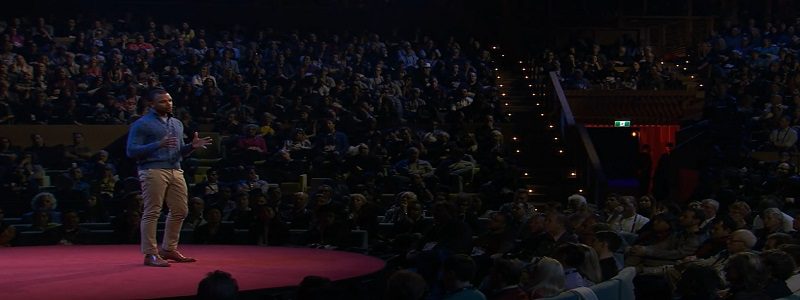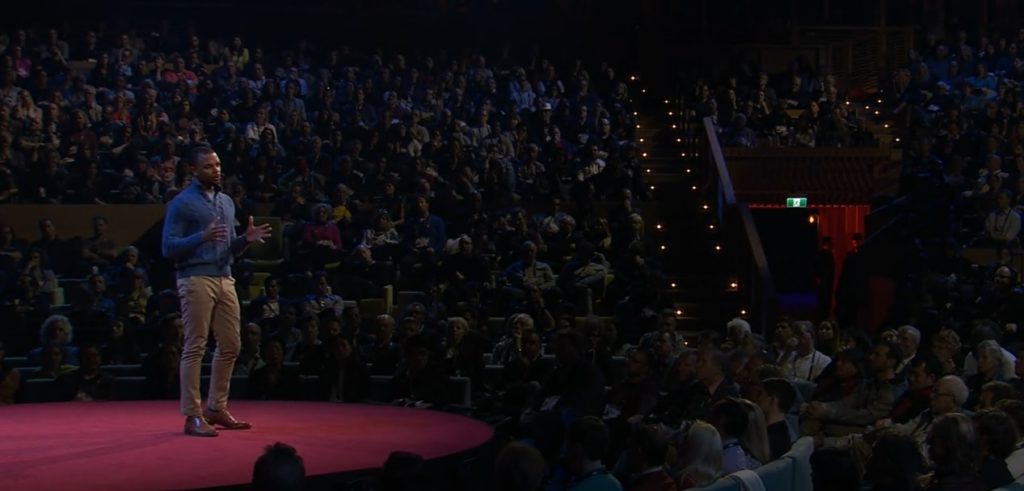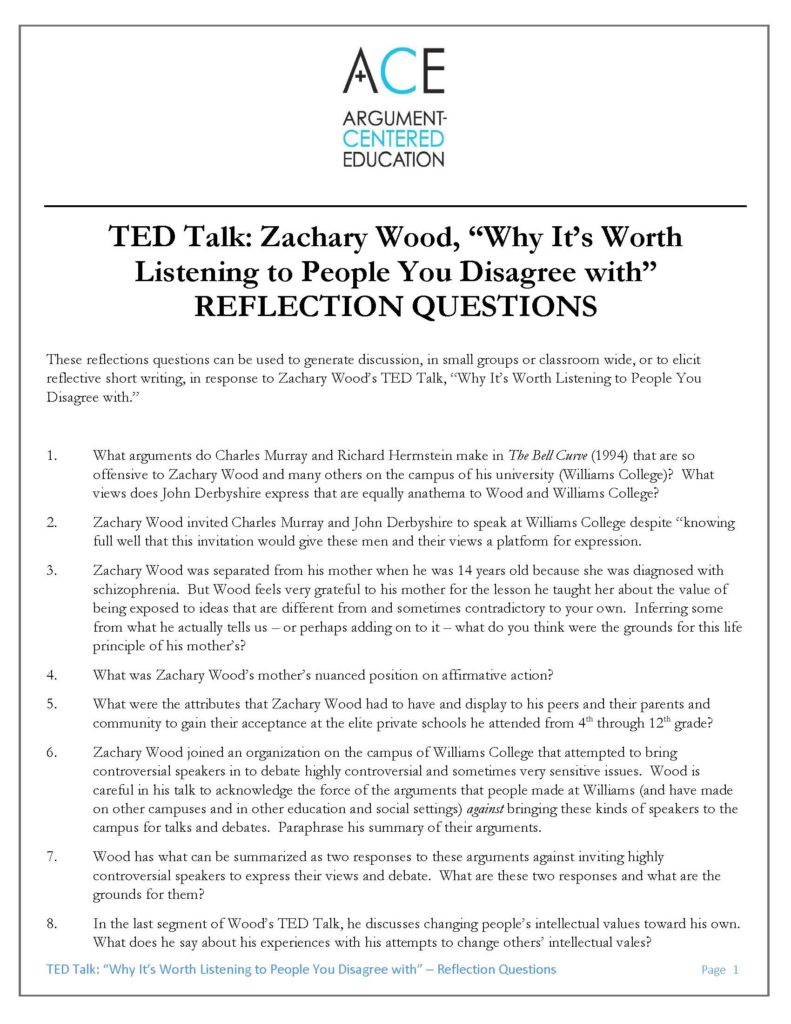
“Why It’s Worth Listening to People You Disagree with”
There has been a growing movement in and out of academia, and among public thinkers (those on the circumference, let’s say, of the public intellectual set), at least since November, 2016, to try to address the deep political and social divisions in this country, to redress the widening gap that is caused by an ever-more suffusive tribalism separating groups of people and making debates and even civil conversations increasingly difficult. The Better Arguments Project, fostered by the Aspen Institute and led by writer Eric Liu, is one organization advancing this cause.
The Better Arguments Project is a new national civic initiative created to help bridge ideological divides – not by papering over those divides but by teaching Americans how to have better arguments. We believe the more we can equip communities to have arguments rooted both in this history and in best practices of constructive communication, the healthier our country will be.
Better Arguments’ emphasis on improving our society’s habits and practices of argument make it especially interesting, from the standpoint of argument pedagoy, but there are numerous other groups seeking similar ends. AllSides is an organization pursuing both improved public discourse and more civil conversations about our nation’s differences in middle and high school classrooms. Kialo is a web-based platform for understanding the reasoning and support behind the arguments made on both sides of public controversies, and is built in a highly inter-active way that has been in increasing use in college classrooms. We at Argument-Centered Education have used with partner schools and have been further developing a deliberation-based heuristic called the Synthesis Solution Protocol to help classrooms seek out the most well-reasoned, best-evidenced position on a controversy after debating about it.
This movement to modify and point argument toward the search for some consensus and a syncretic, reconciling outcome intersects with the question of free, open, critical speech on campuses, in Zachary Wood’s recent TED Talk, “Why It’s Worth Listening to People You Disagree with.”

A young author (Uncensored: My Life and Uncomfortable Conversations at the Intersection of Black and White America), Zachary Wood is a 2018 graduate of Williams College, who speaks in his TED Talk about the origins and continuing basis for his deeply held belief that we should try to be open to hear out those with viewpoints we disagree with strongly, even those views we find offensive. He is an outspoken advocate for debate of all opinions and viewpoints as the only way to bridge the gap in our divided nation.
Wood — like the leading Enlightenment philosophers whose ideas helped found America — argues that it is only through listening carefully and faithfully, reading widely and inquiringly, to those whose positions we oppose, can we more thoroughly test and ultimately ground our own conclusions, and can we ultimately grow to understand and live with each other.
We’ve created a set of argument-based reflections questions on Zachary Wood’s TED Talk, for use in the classroom, to engender discussion or prompt short reflective writing.

It seems like a good idea — pedagogically and perhaps even ethically — to follow this movement to respond to and redress our nation’s deep and bitter divides, and to do what we can to bring some of its ideas into our teaching and to share some of its spirit with our students.

